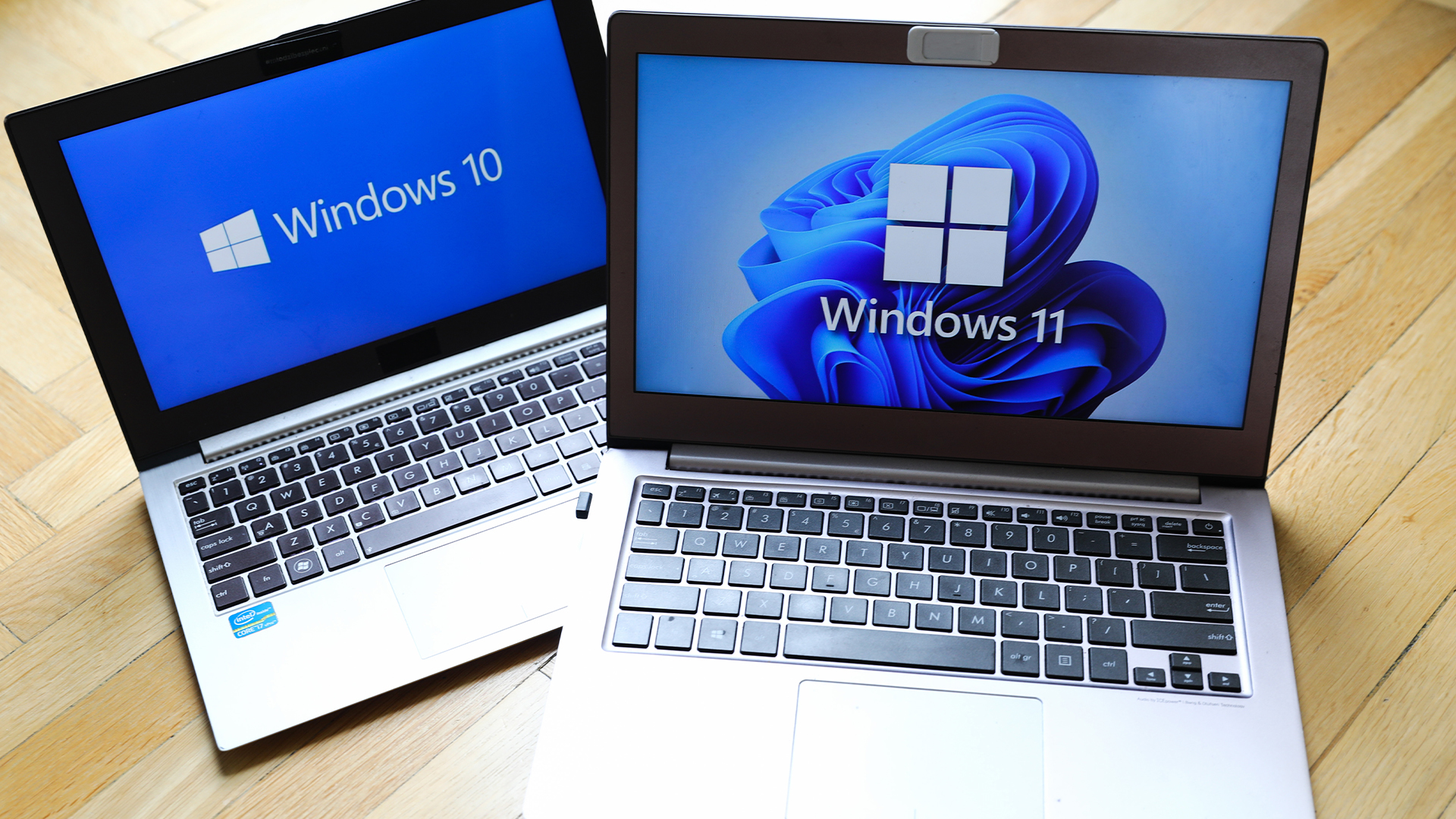Staying secure upon the death of Windows XP
Extended support for XP will soon be no more. Tom Brewster asks if your business is ready for the deadline?


For those who can't leave XP
Some simply won't be able to move away from XP, or will decide it is not worth the effort, where business critical applications cannot be moved over to a different operating system without serious disruption or cost. Some executives may simply dislike later versions of Windows.
Windows XP has reached the end of the line, we need to spend our effort moving forward, not propping up the technology of the past.
There are solutions available for these folks. Certain versions of XP will remain supported. "Unless businesses have specific need of Windows 7 or 8 functions, we advise them to look into moving to an embedded version of XP like WES2009 instead. It's built on a Windows XP kernel, has all the XP features, but offers much longer support availability (10 to 15 years in some instances) and is cheaper per licence too," says Nick Donaldson, software director in EMEA at Avnet Embedded, an IT services company.
Microsoft is believed to be working with other IT services companies to provide extended XP support. These deals will see the service provider pay for Microsoft's extended support fees and charge for their own services on top of that. This is likely to be costly, however. "Their model also tends to be about protracted, bespoke consultancy - and so whichever way you look at it it's going to hit businesses hard in the pocket," adds Donaldson. "It's worth bearing in mind that Microsoft's charging increases every year after support finishes, so it's extremely expensive and grows more so each year."
The wider IT community is still recommending everyone migrate rather than take such options. "Windows XP has reached the end of the line, we need to spend our effort moving forward, not propping up the technology of the past," adds Spitler. "Organisations would be better off spending their money working on migration and implementing mitigating controls for the legacy systems opposed to purchasing and implementing alternative support providers. This is the nature of technology, it is introduced, it matures and it is deprecated."
Sign up today and you will receive a free copy of our Future Focus 2025 report - the leading guidance on AI, cybersecurity and other IT challenges as per 700+ senior executives
Tom Brewster is currently an associate editor at Forbes and an award-winning journalist who covers cyber security, surveillance, and privacy. Starting his career at ITPro as a staff writer and working up to a senior staff writer role, Tom has been covering the tech industry for more than ten years and is considered one of the leading journalists in his specialism.
He is a proud alum of the University of Sheffield where he secured an undergraduate degree in English Literature before undertaking a certification from General Assembly in web development.
-
 AI Fatigue: Is the backlash against AI already here?
AI Fatigue: Is the backlash against AI already here?Feature The proliferation of AI tools in the market is creating confusion, decision paralysis, and declining productivity…
-
 Epson EcoTank ET-4956 review
Epson EcoTank ET-4956 reviewReviews This refillable inkjet MFP does everything you need in a small office – it's compact and cheap to run, too
-
 Windows 10 extended support costs could top $7 billion
Windows 10 extended support costs could top $7 billionNews Enterprises sticking with Windows 10 after the October deadline face huge costs
-
 Tiny11 review: Windows 11 with only 2GB of RAM
Tiny11 review: Windows 11 with only 2GB of RAMReview A version of Windows 11 for older machines that don't meet the full requirements
-
 Red Hat Enterprise Linux becomes foundational operating system for Cohesity Data Cloud
Red Hat Enterprise Linux becomes foundational operating system for Cohesity Data CloudNews New strategic partnership between Red Hat and Cohesity aims to drive innovation in the data security and management space
-
 Ubuntu shifts to four-week update cycle
Ubuntu shifts to four-week update cycleNews Critical fixes will also come every two weeks, mitigating the issues involved with releasing prompt patches on the old three-week cadence
-
 AlmaLinux follows Oracle in ditching RHEL compatibility
AlmaLinux follows Oracle in ditching RHEL compatibilityNews Application binary compatibility is now the aim with 1:1 now dropped
-
 How big is the Windows 10 cliff-edge?
How big is the Windows 10 cliff-edge?ITPro Network With some comparing the upcoming Windows 10 end of life to Windows XP, we ask members of the ITPro Network for their insight
-
 Everything you need to know about the latest Windows 11 updates - from bug fixes to brand-new features
Everything you need to know about the latest Windows 11 updates - from bug fixes to brand-new featuresNews Two new cumulative updates are on the way and will be installed automatically on Windows 10 and Windows 11 machines
-
 How to download a Windows 11 ISO file and perform a clean install
How to download a Windows 11 ISO file and perform a clean installTutorial Use a Windows 11 ISO to install the operating system afresh
